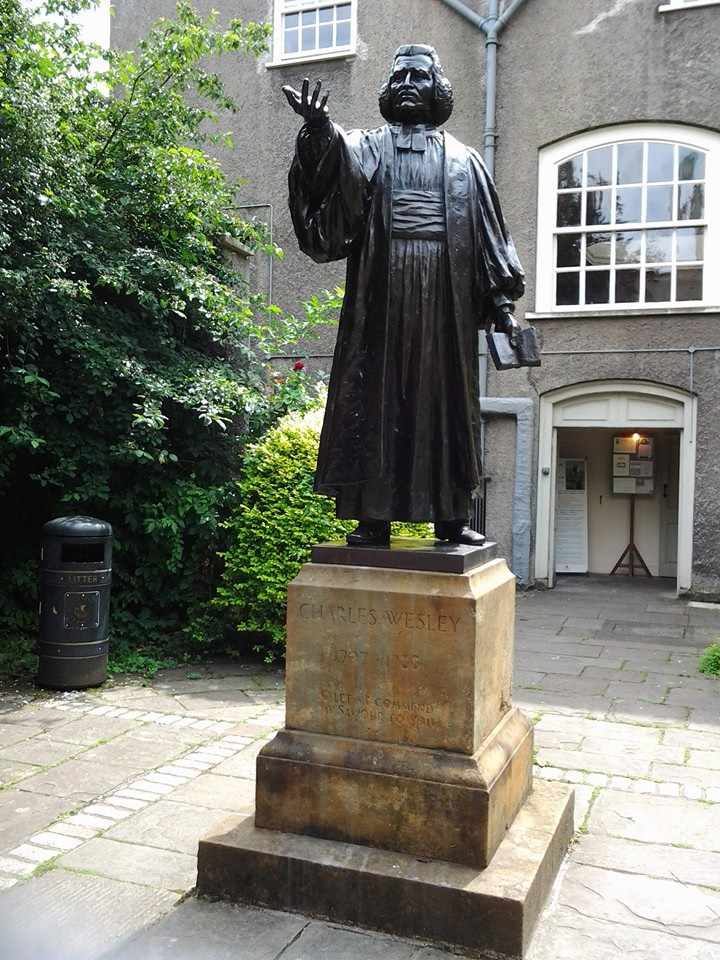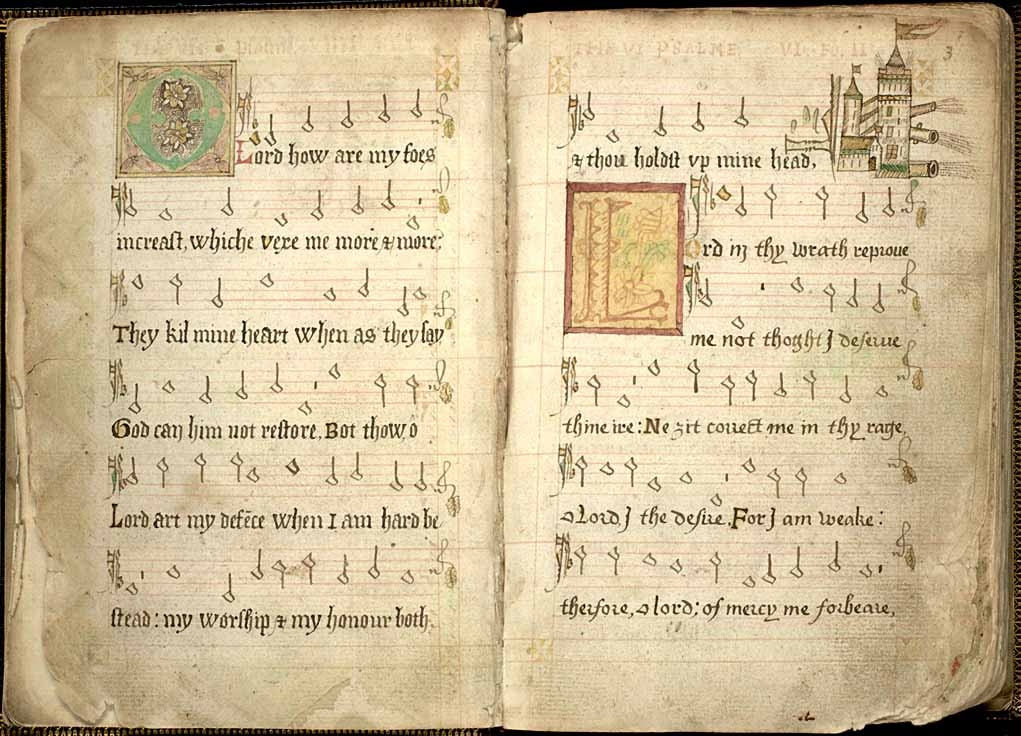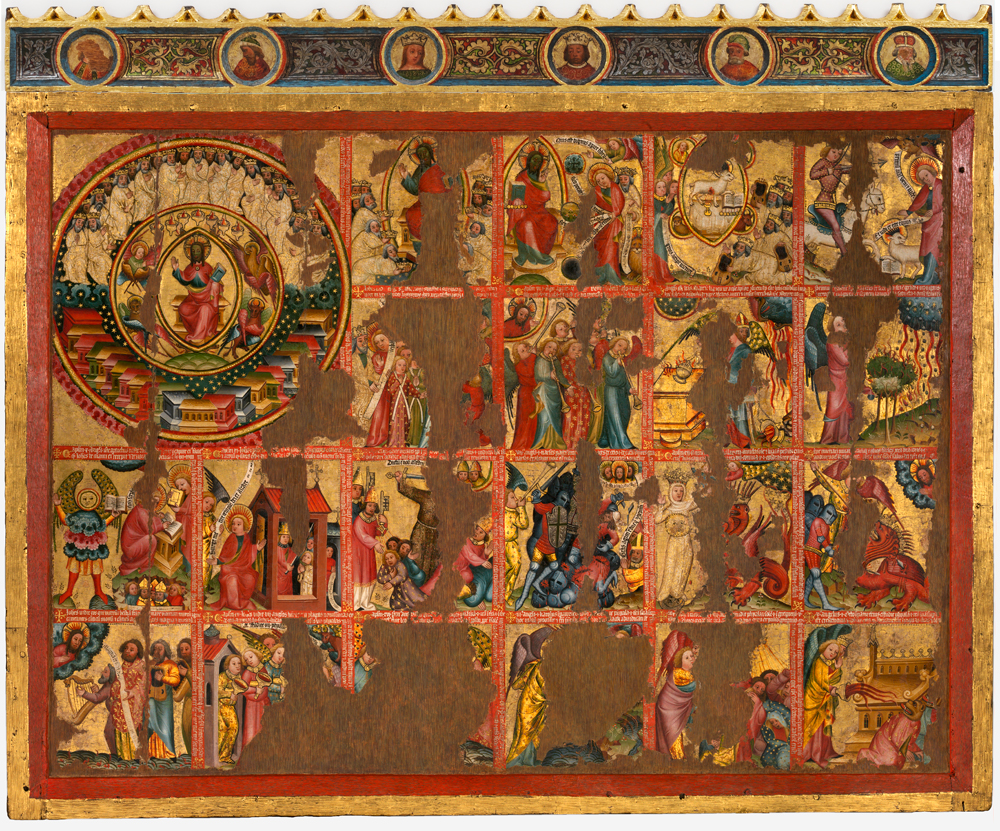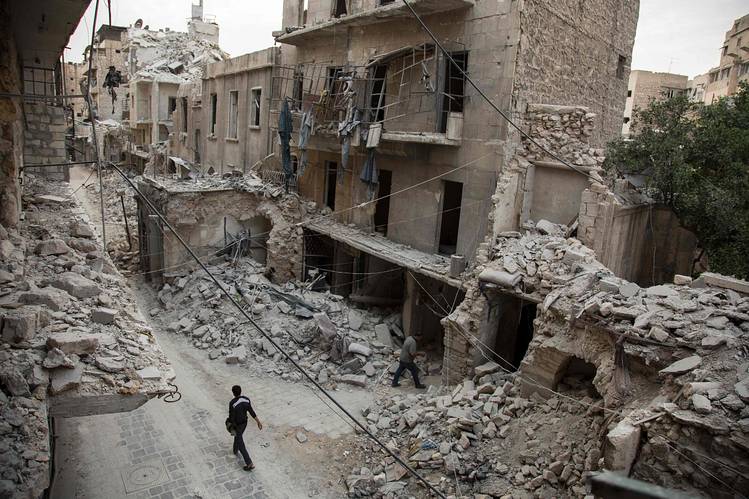This is the text of the final talk in a series of talks for Lent 2017 given in the parish church of St Peter and St Paul, Lufton
John Newton, born in 1725, led an unpromising early life, pressed into the Royal Navy, captured and enslaved, he became the first mate and later captain aboard slave ships. During a serious illness in West Africa he acknowledged his need of God and was converted. In time, not immediately, he renounced his former life, married his childhood sweetheart and after a time working in Liverpool as a tax collector sought ordination. It took him seven years, because of his life as a slaver and as a virtual pirate, to persuade a Bishop that he should be accepted and was eventually made perpetual curate of Olney in Buckinghamshire in 1764. He worked there for seventeen years until he moved to St Mary, Woolnoth in London, where there is a memorial to him.
At Olney his assistant was William Cowper. Together they compiled a new hymn book, Olney Hymns, in 1779. The hymns were written not for the church services but for the prayer meeting. Continue reading “My God, how wonderful thou art”






